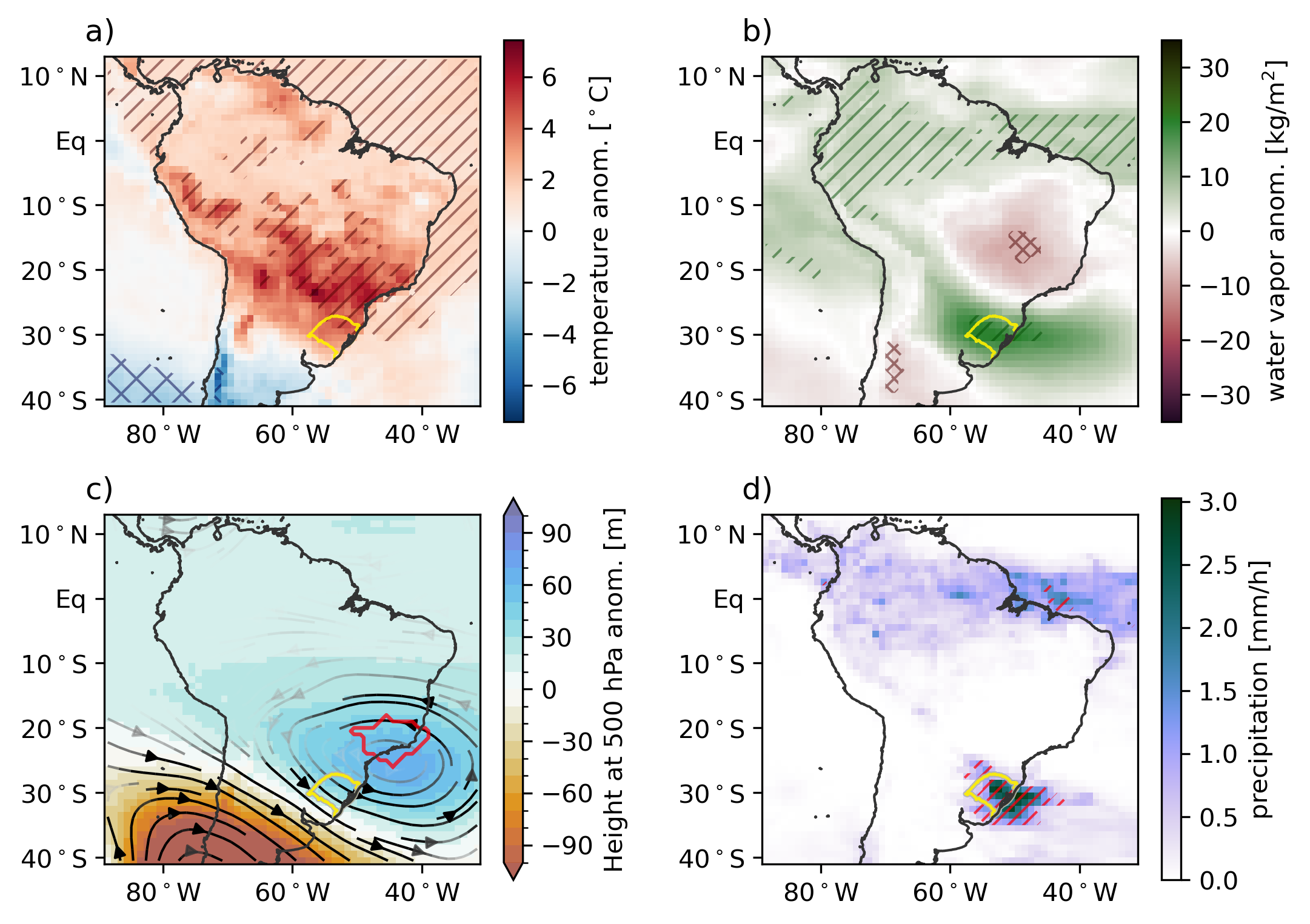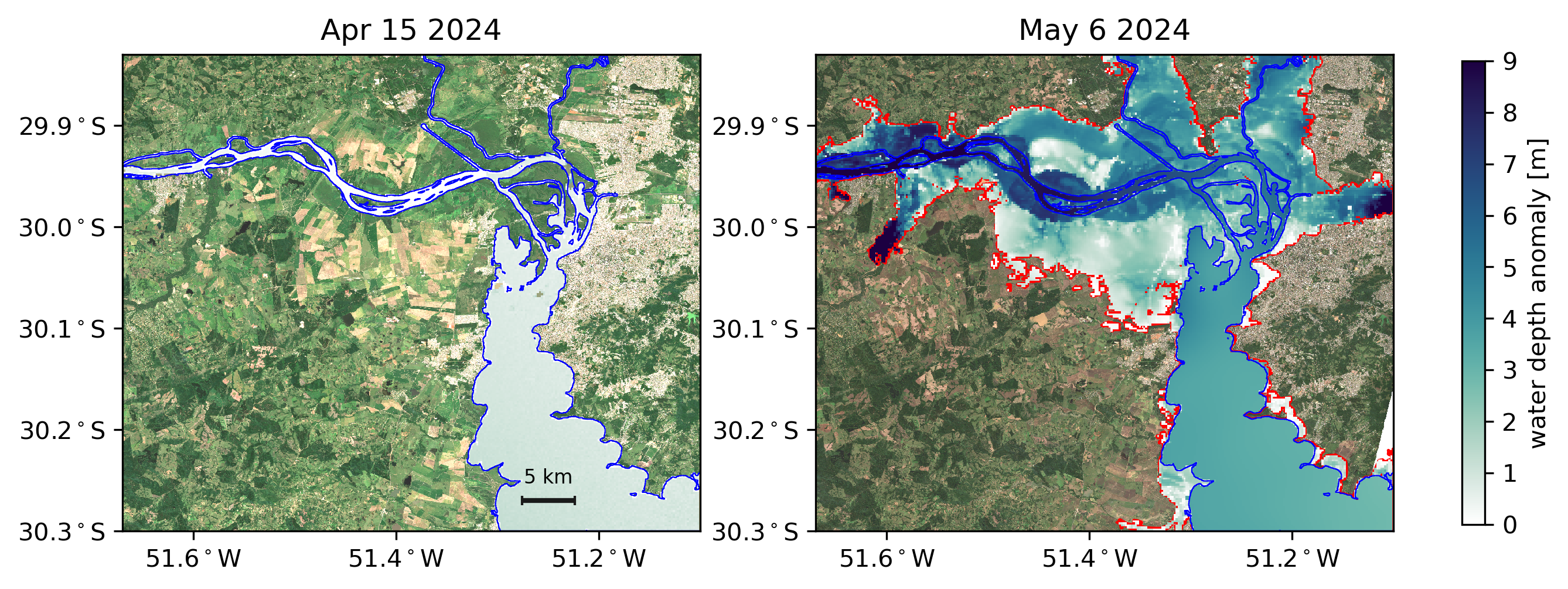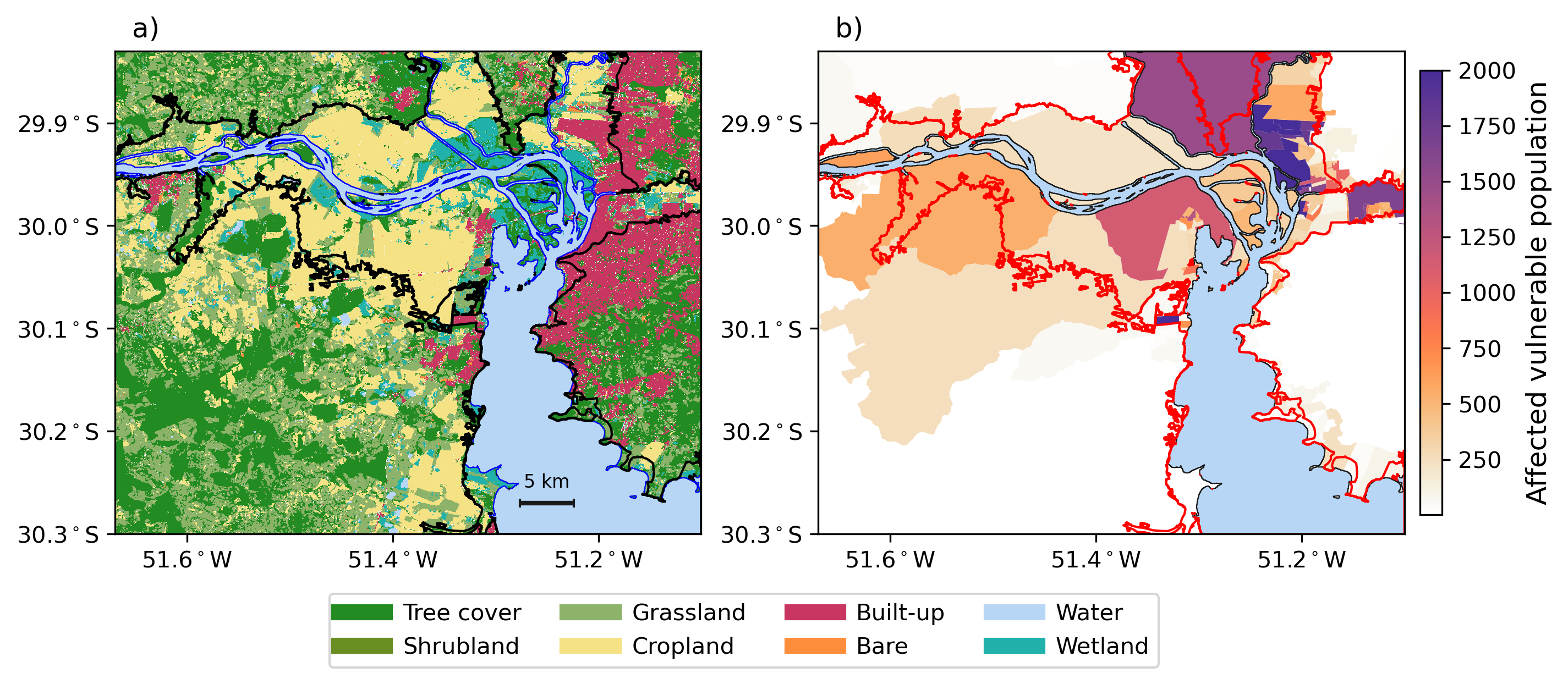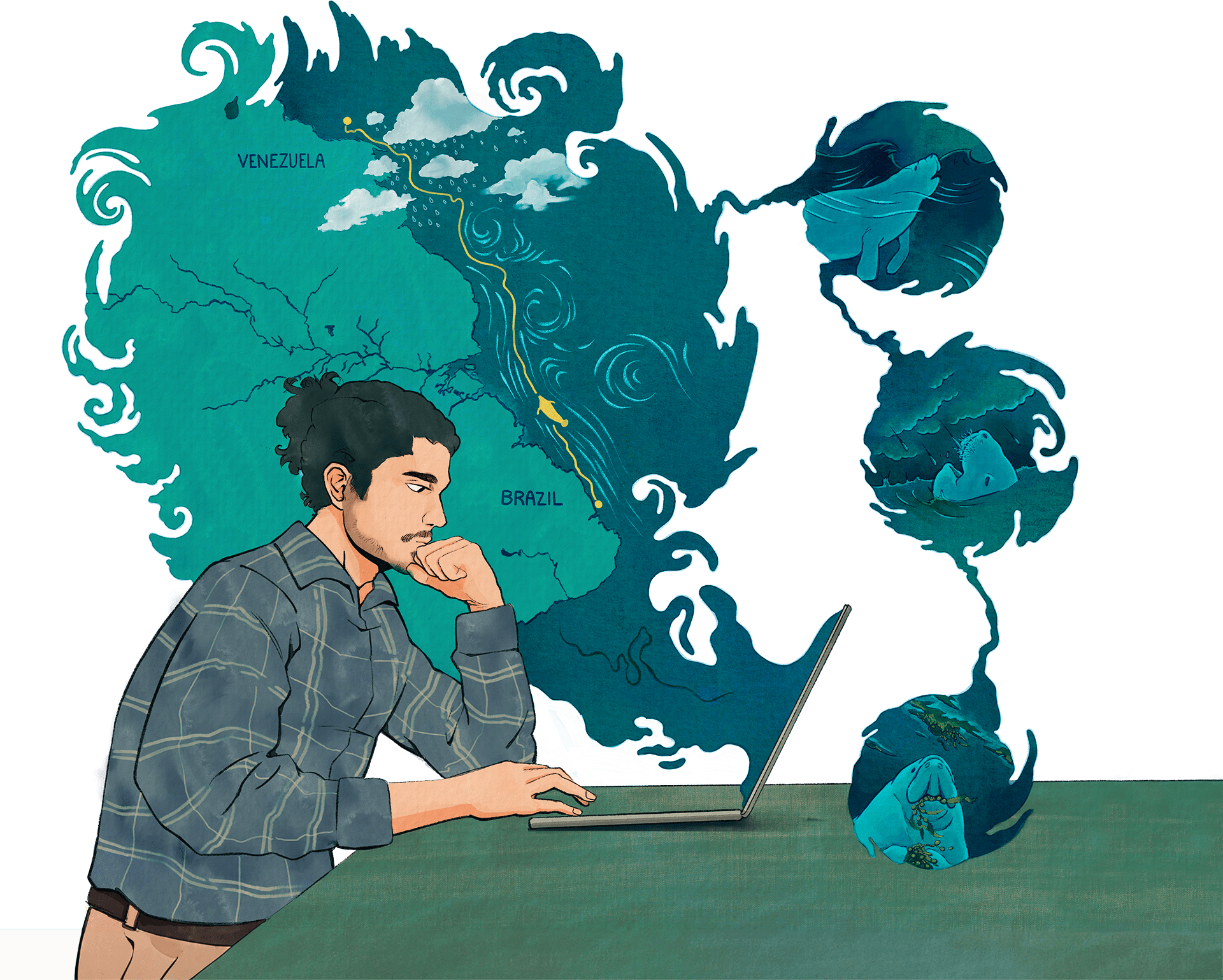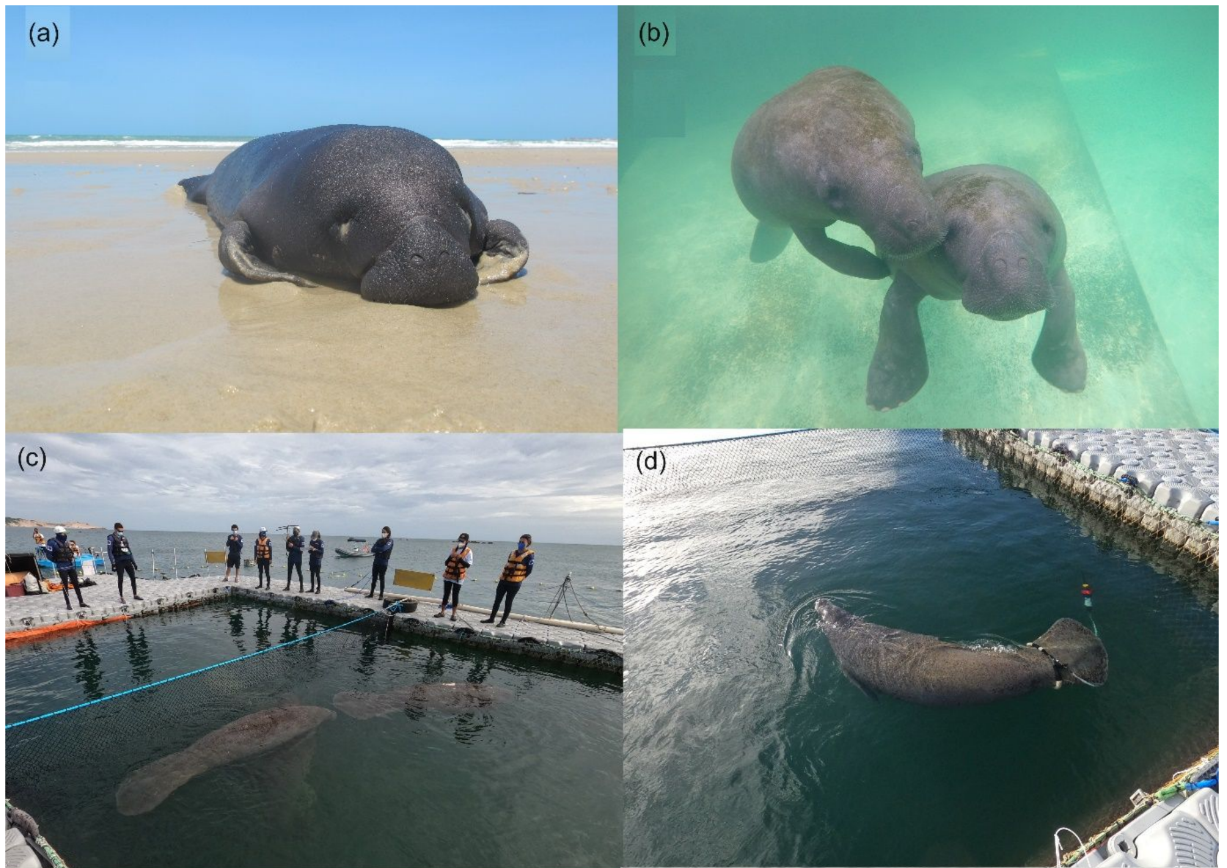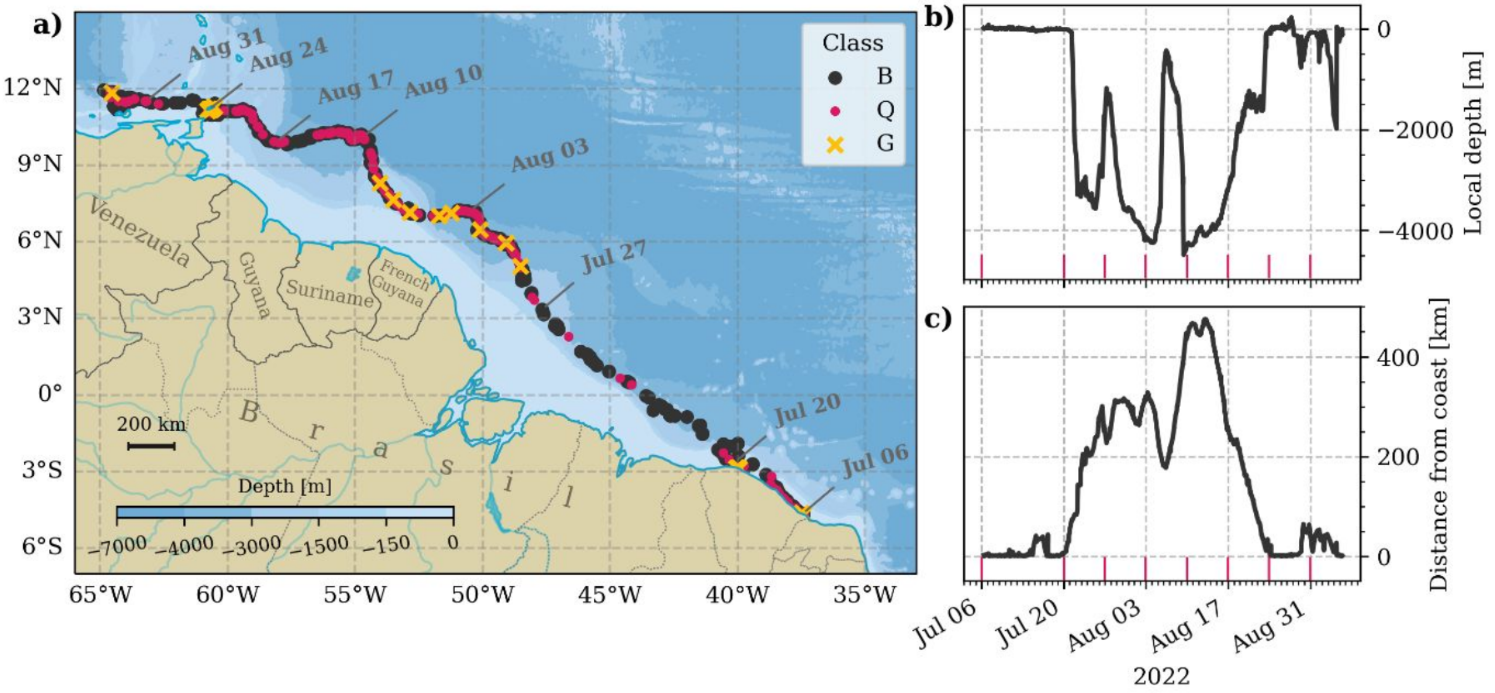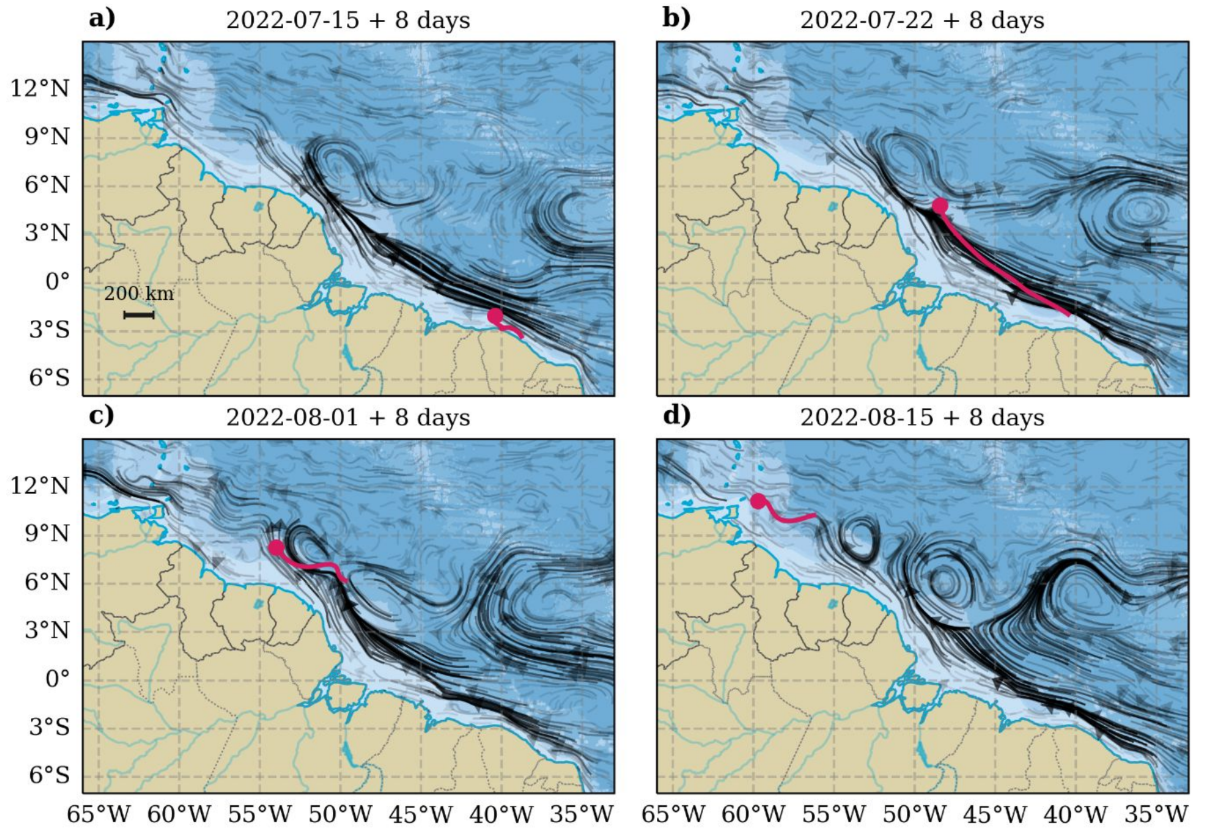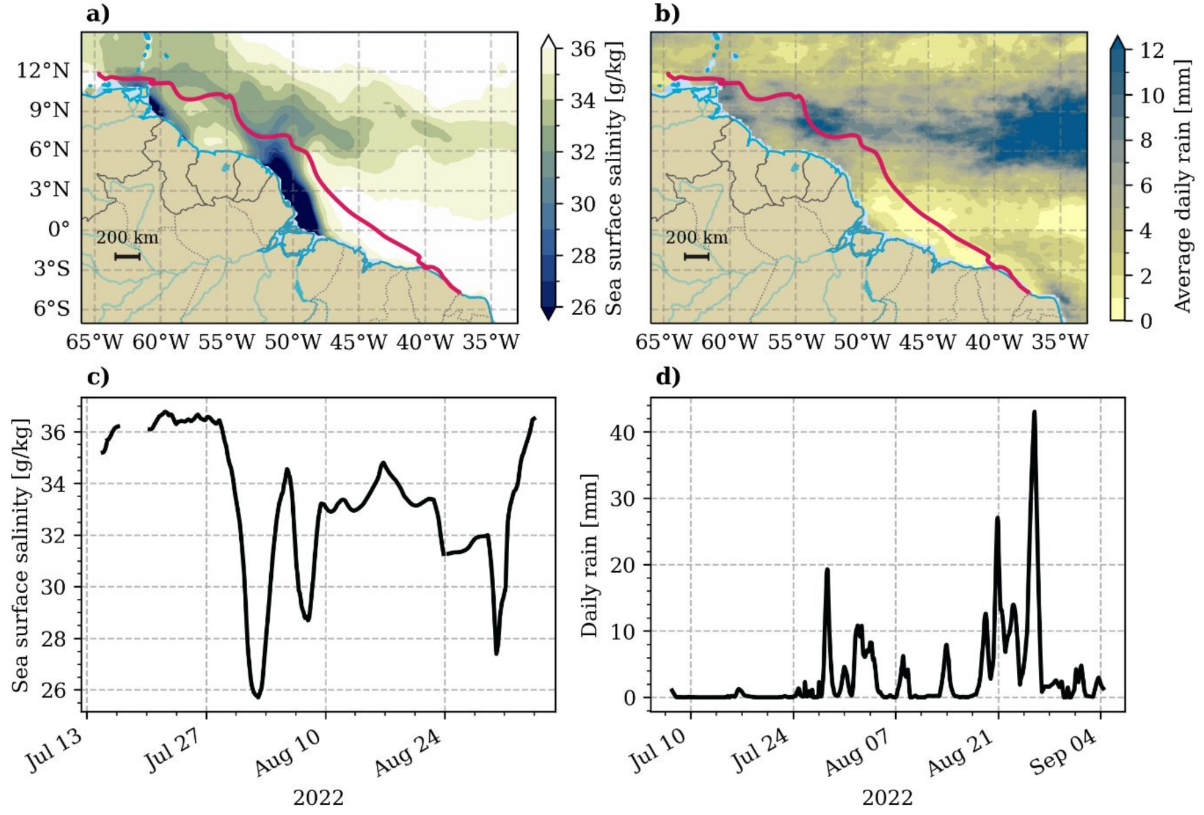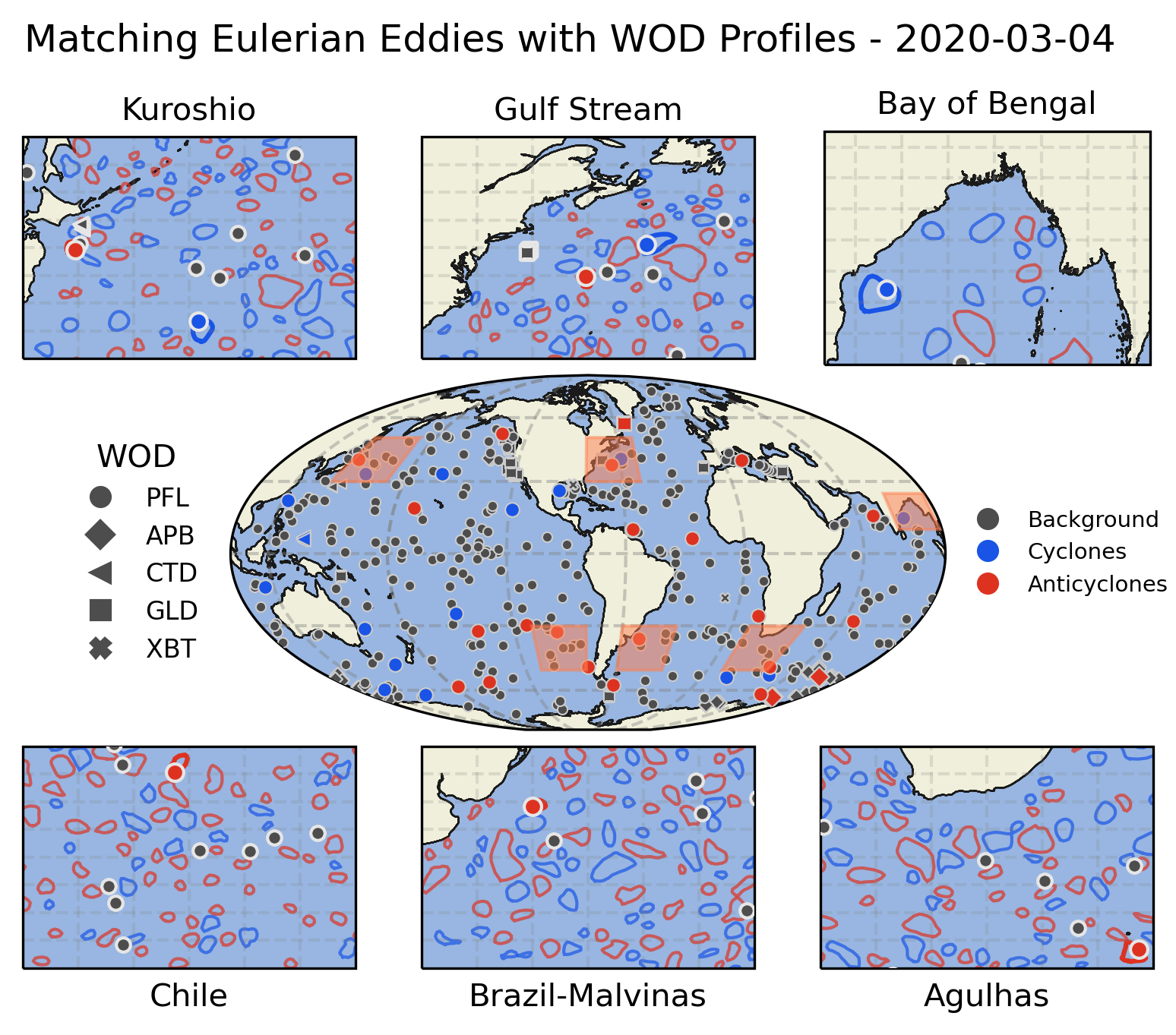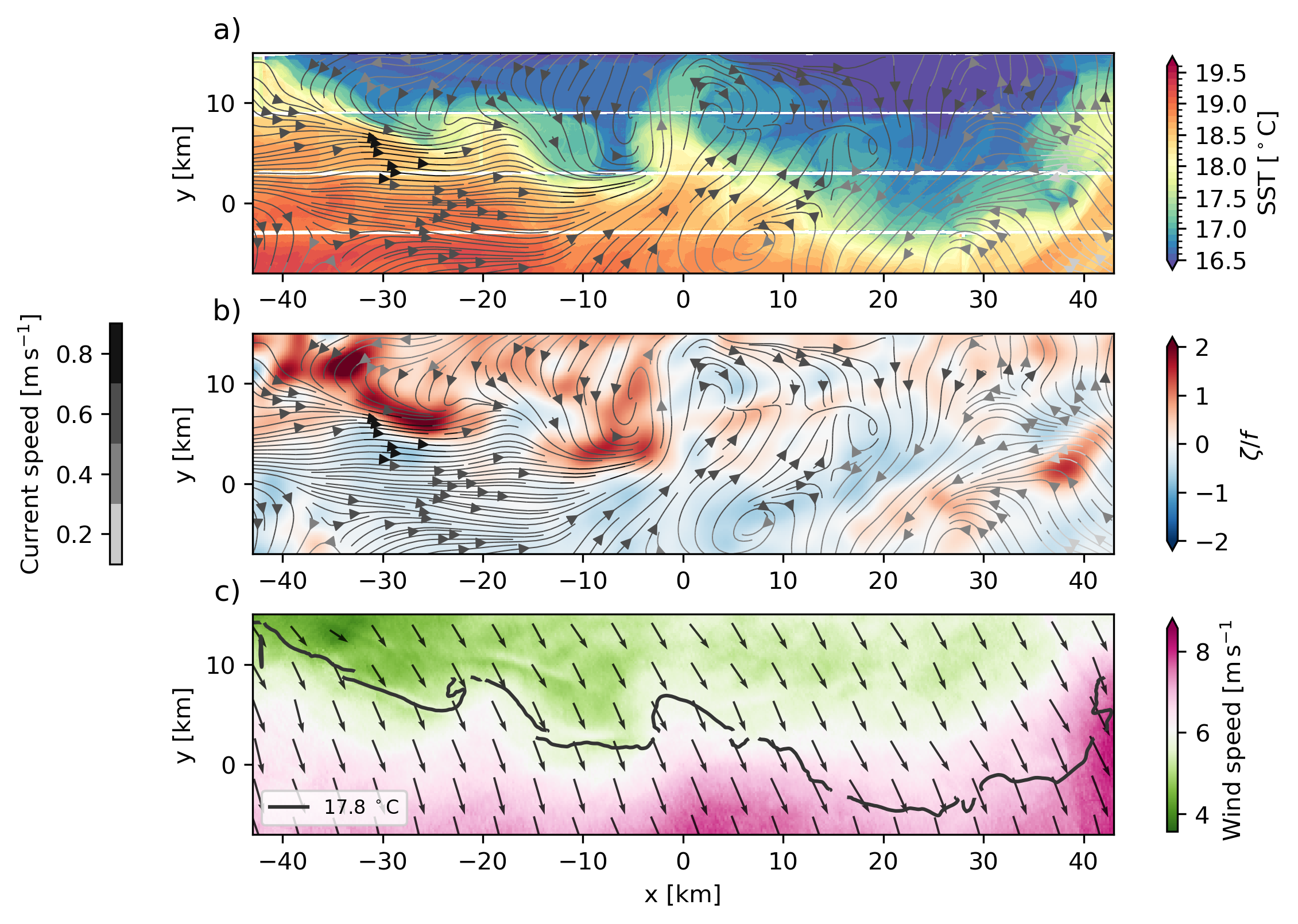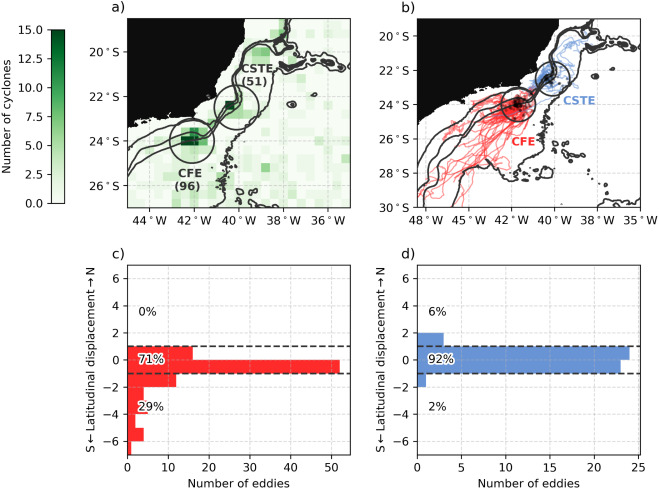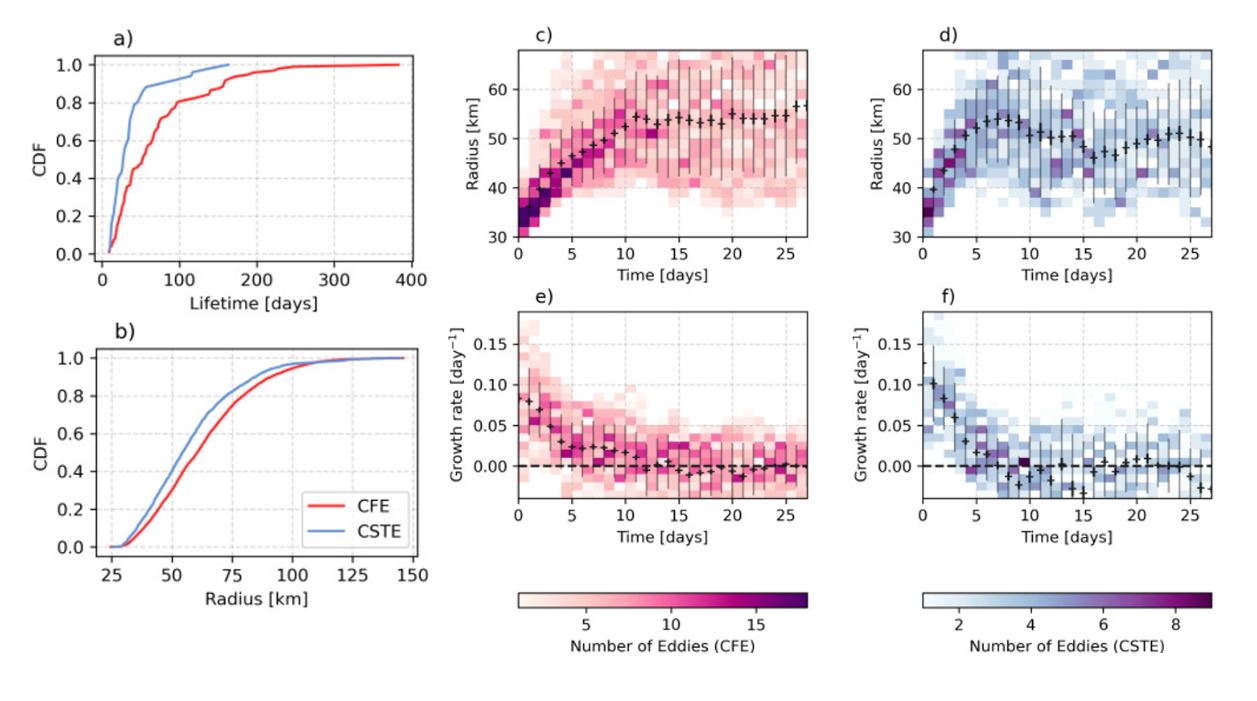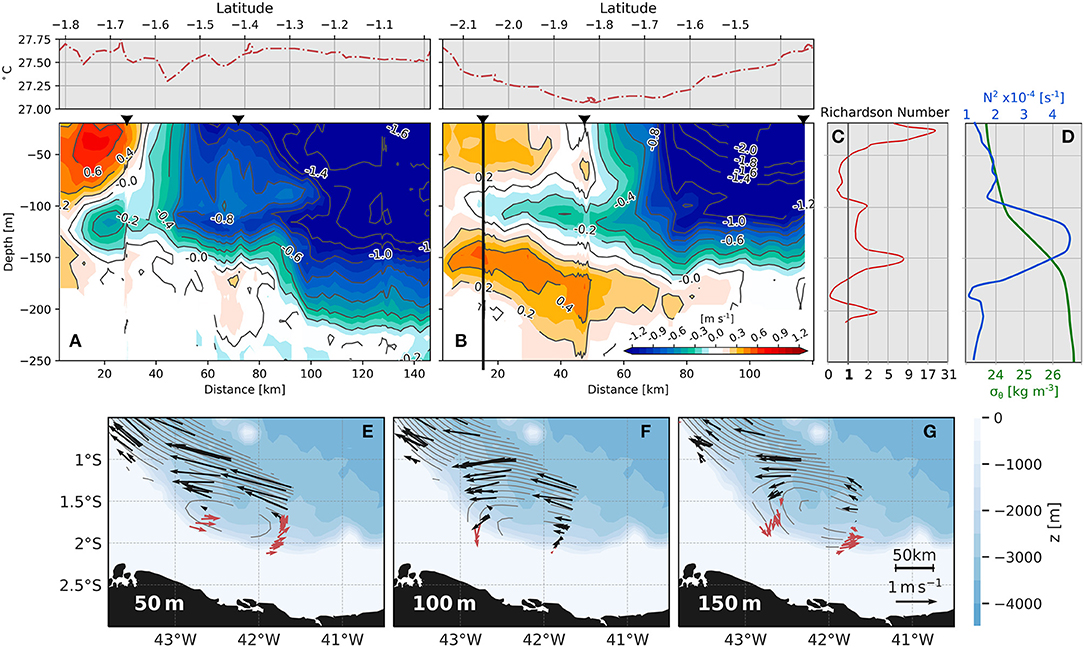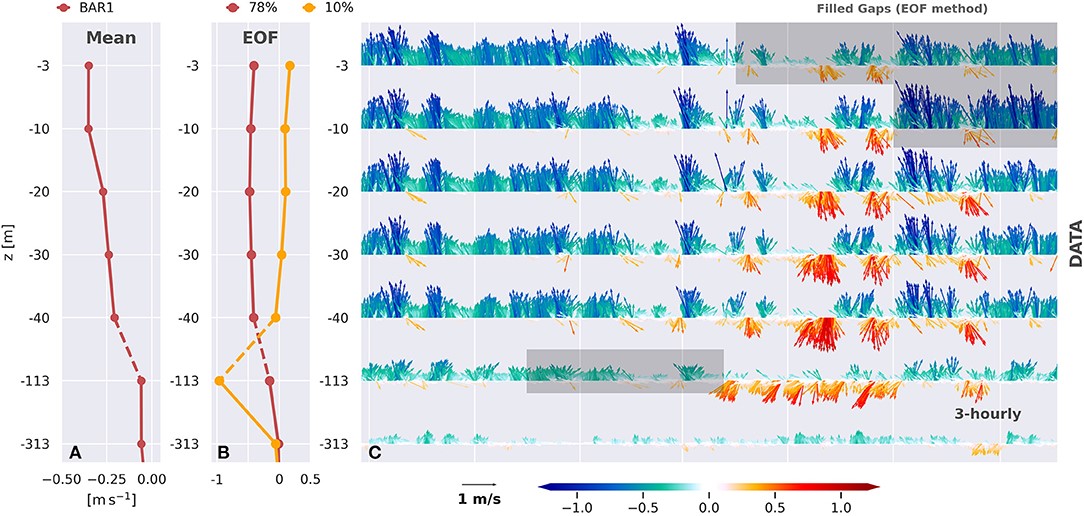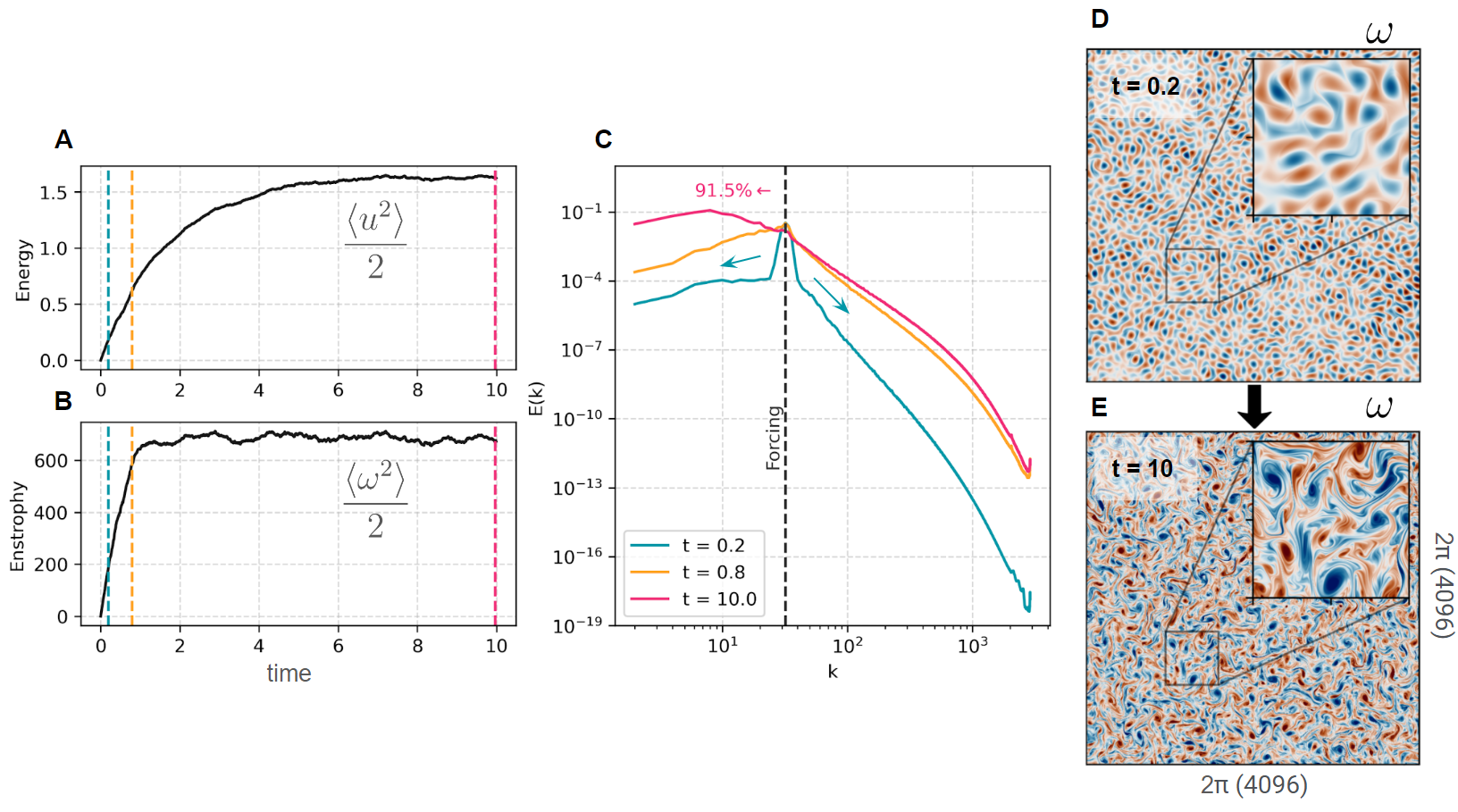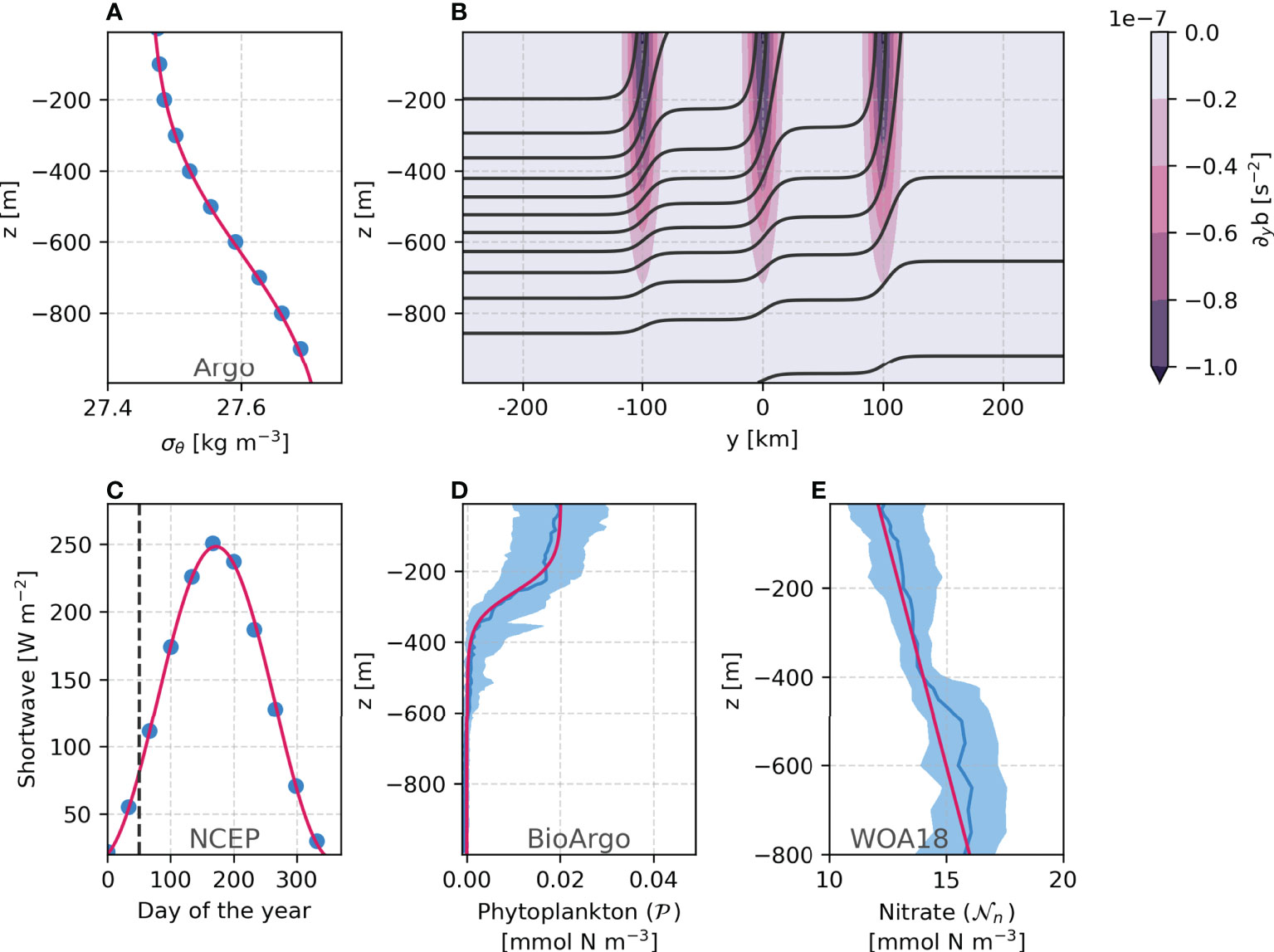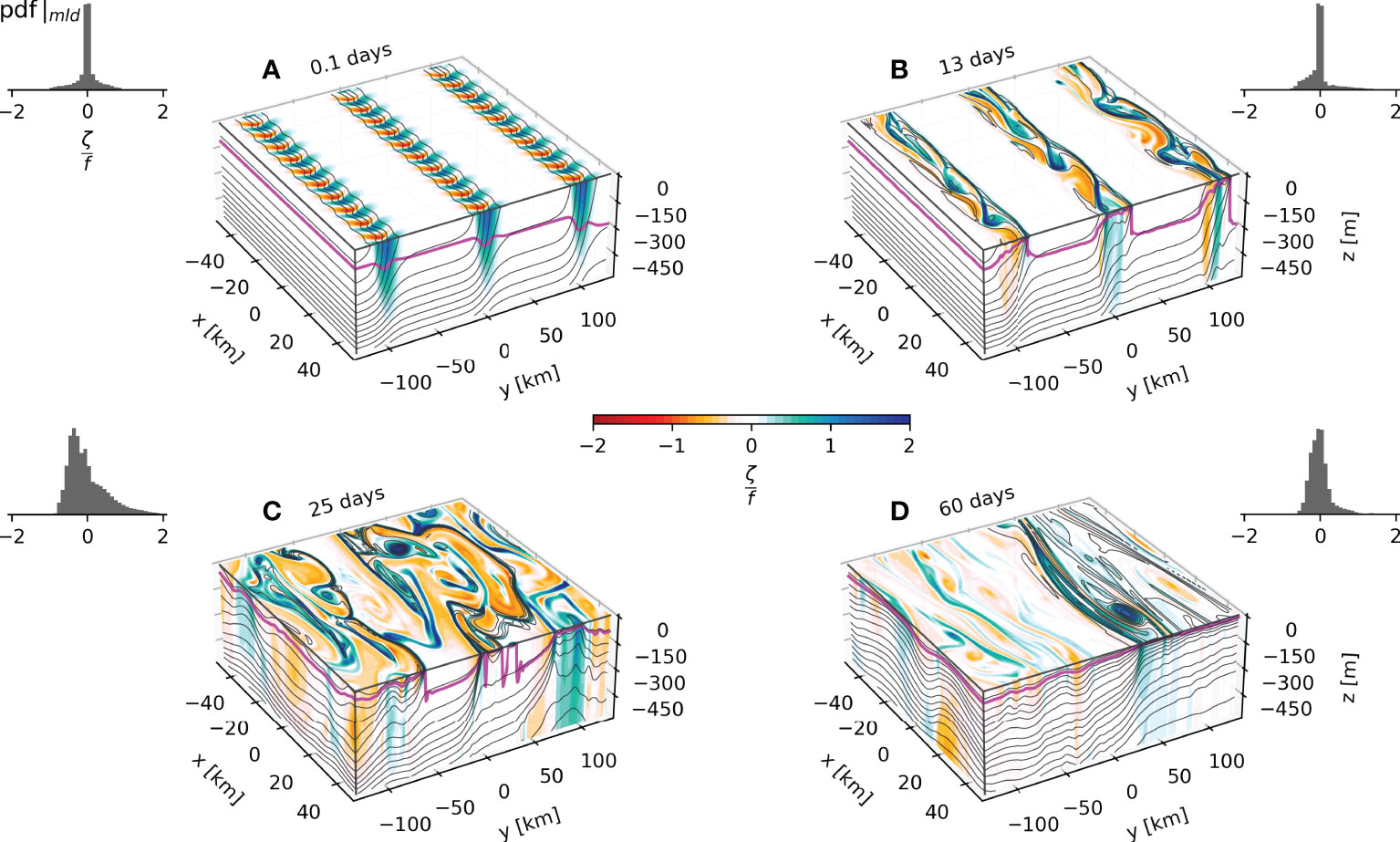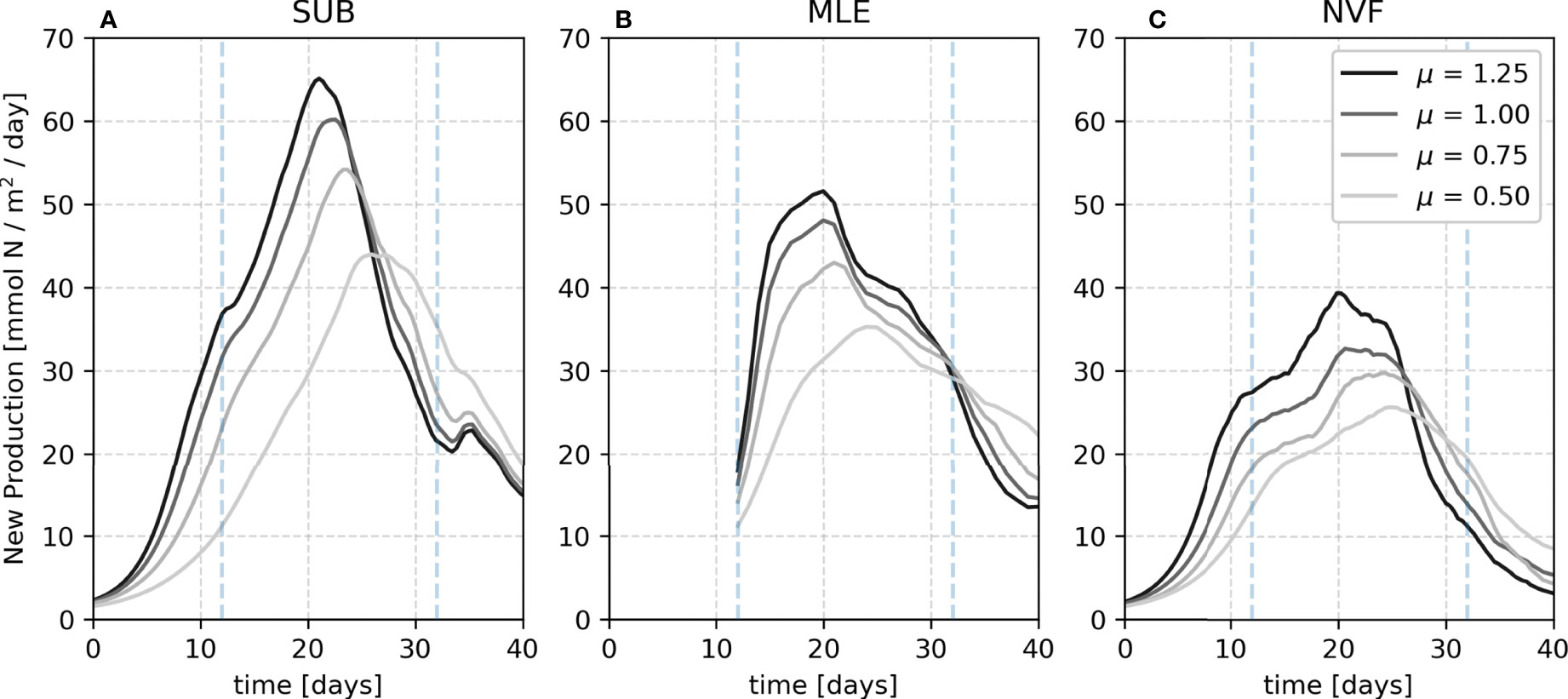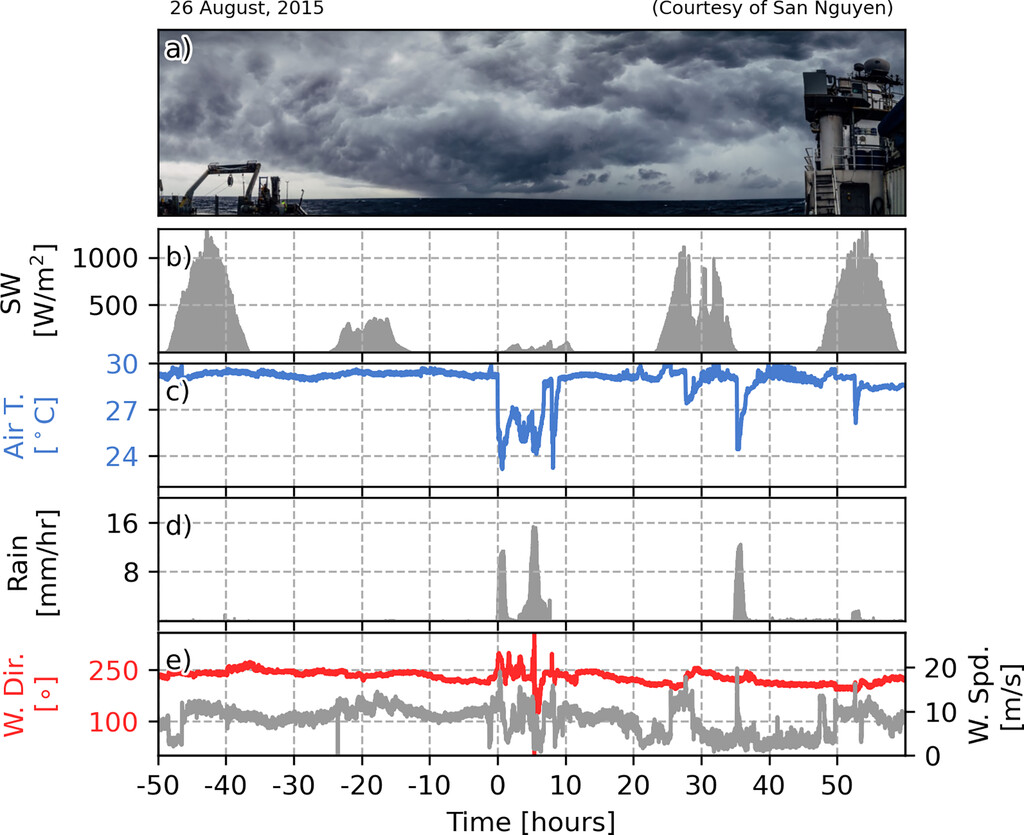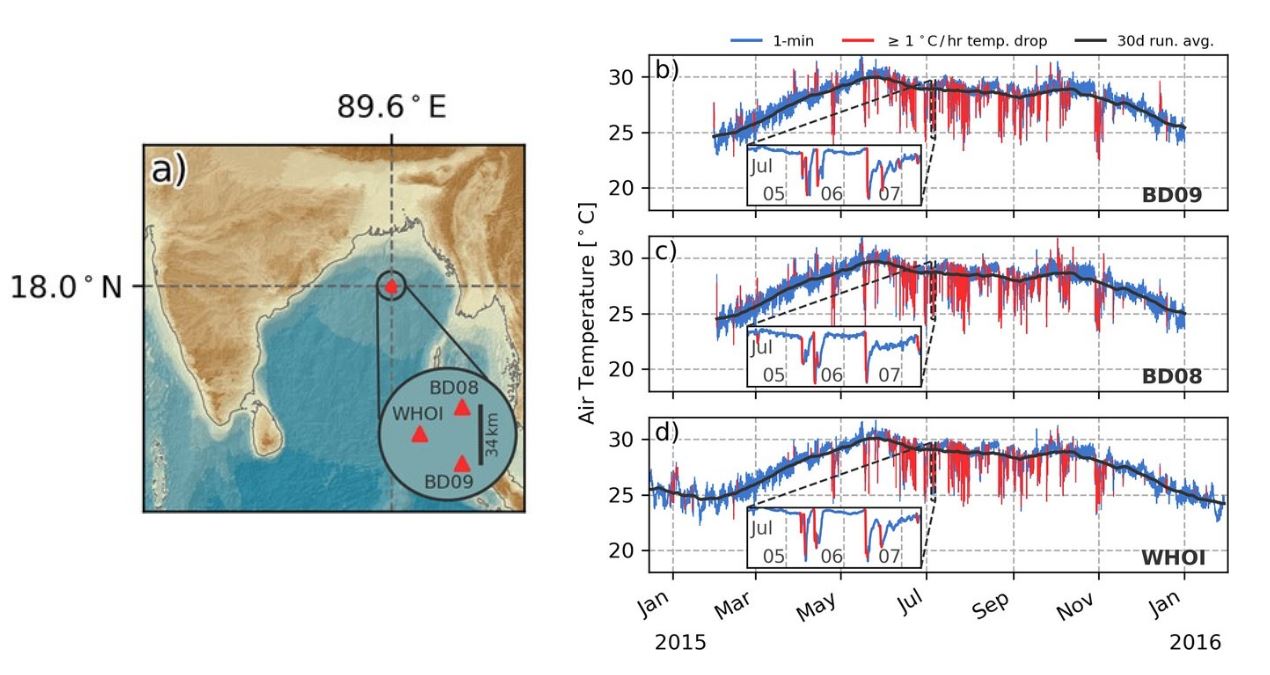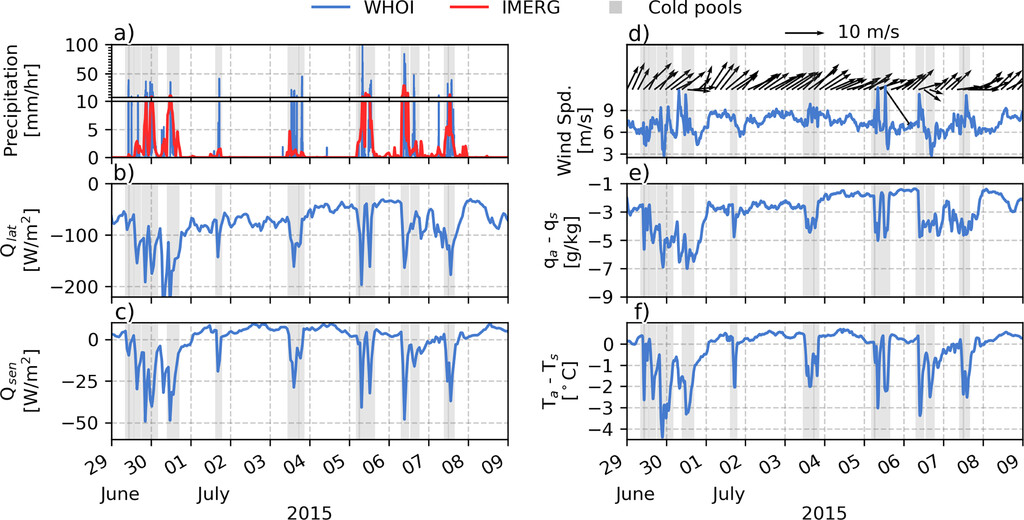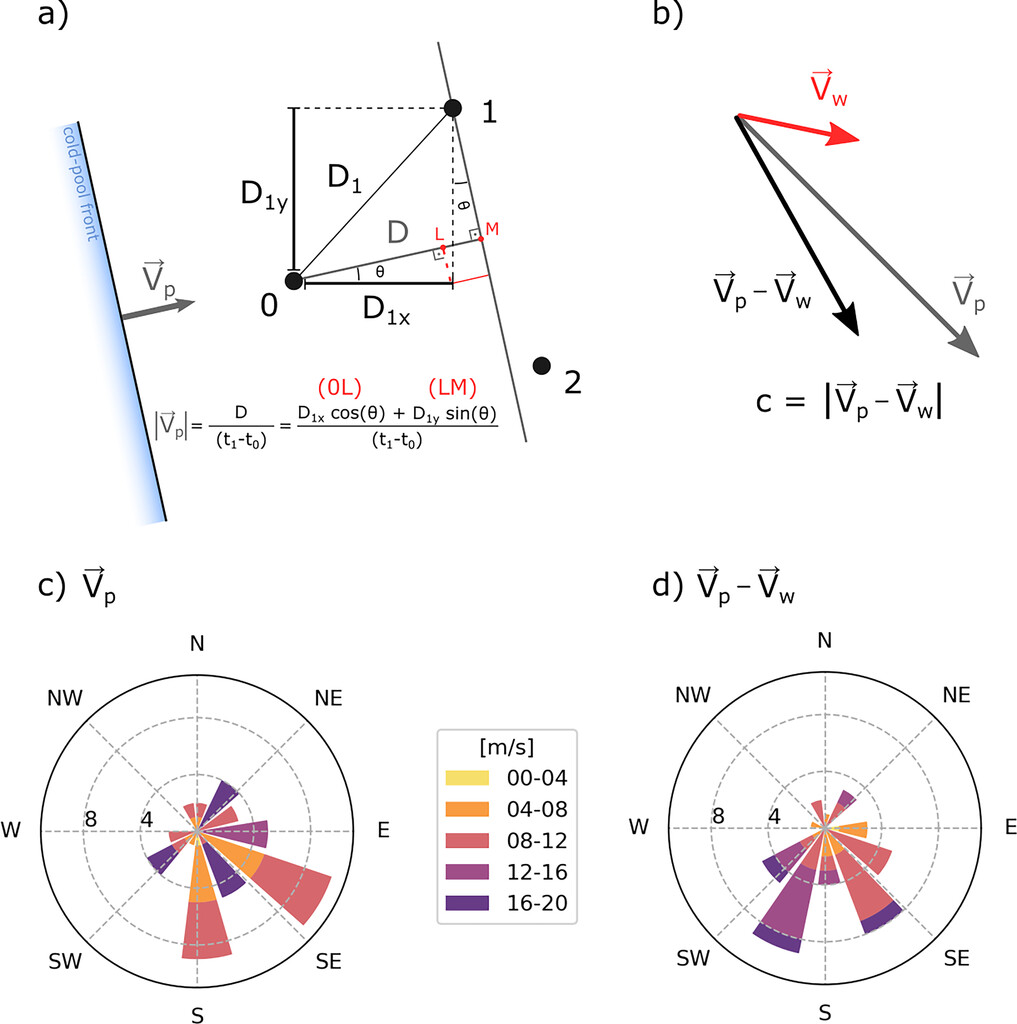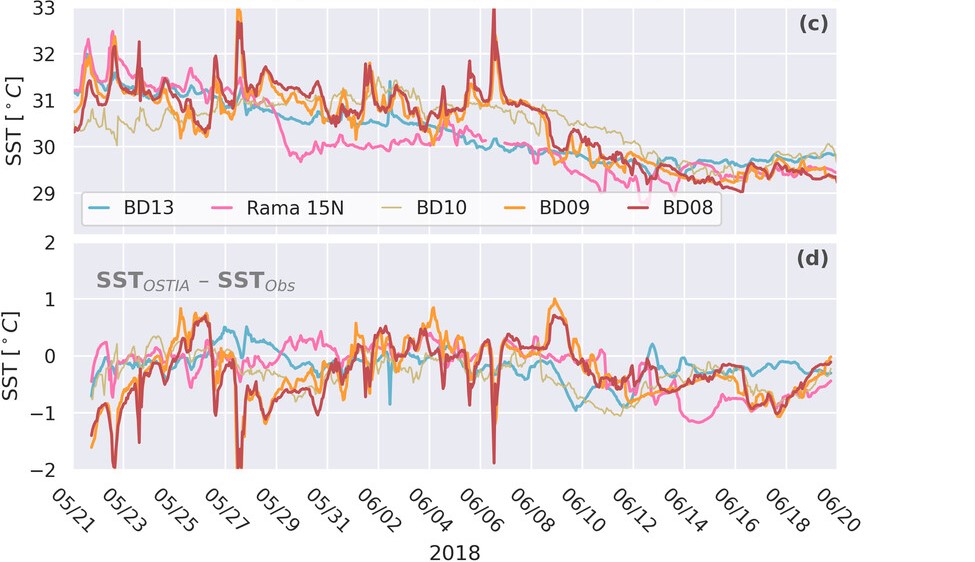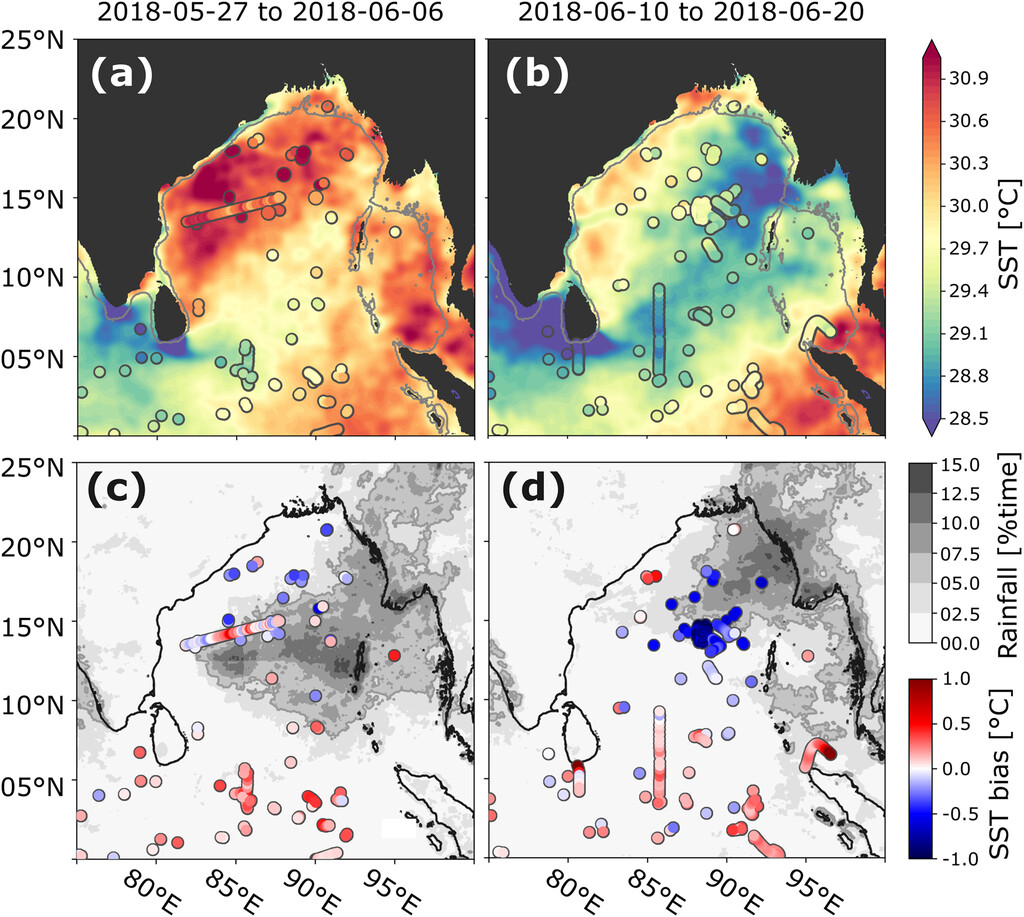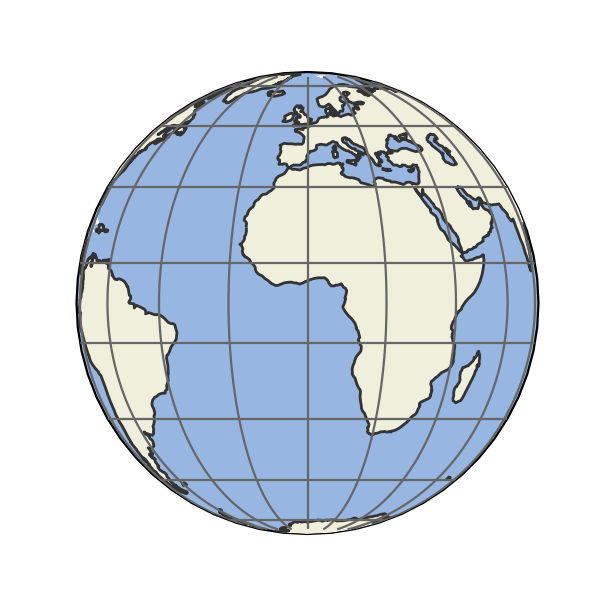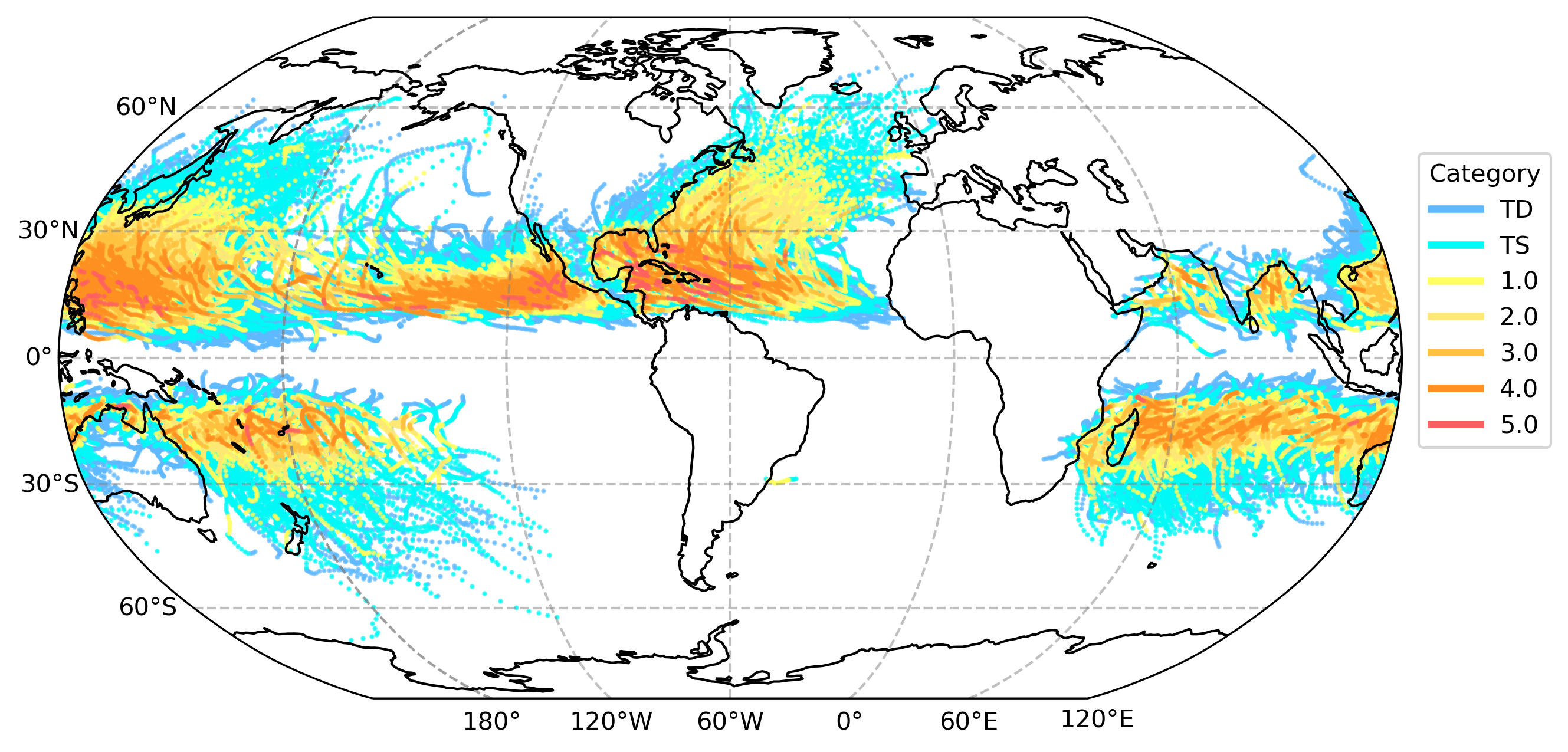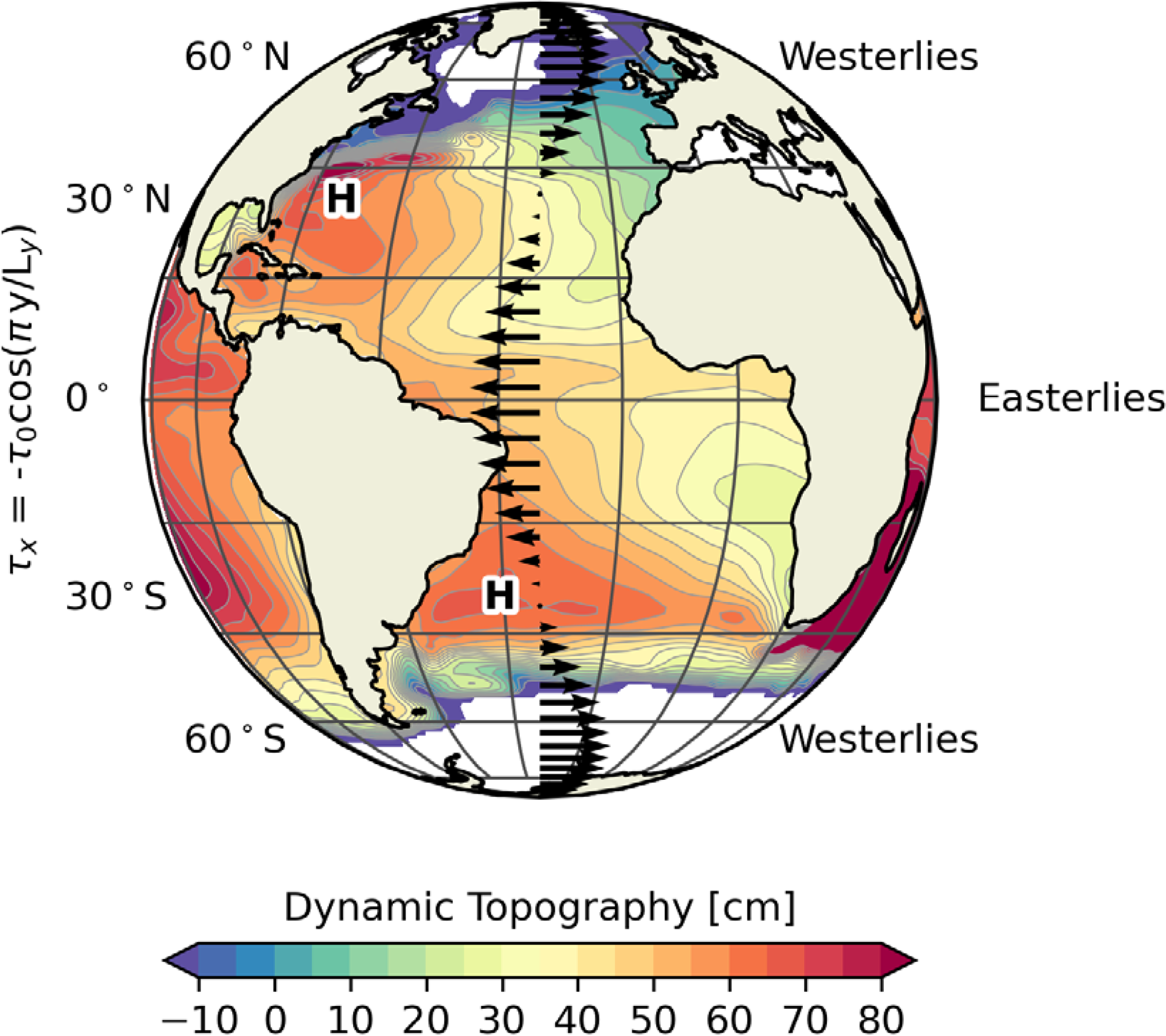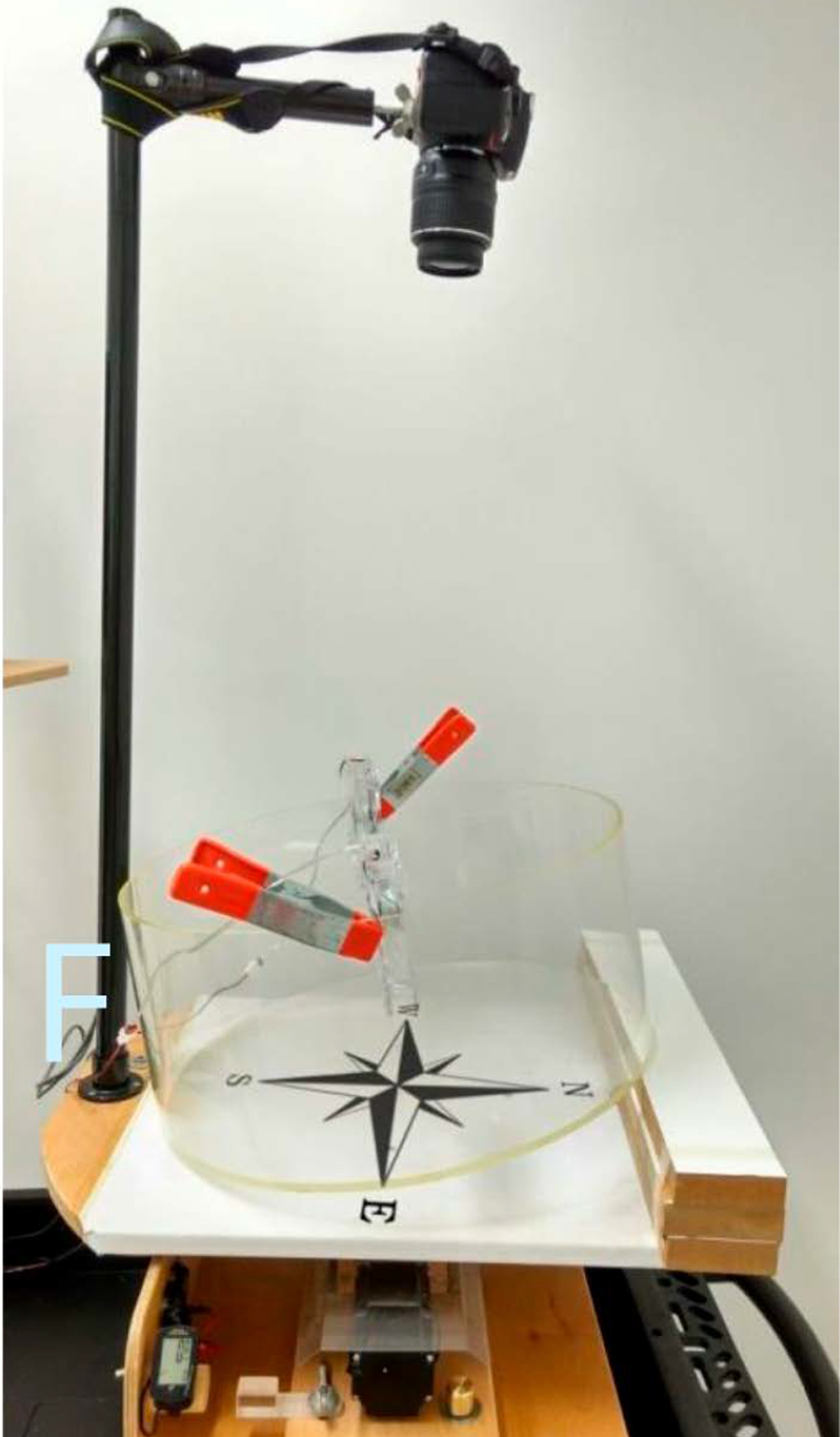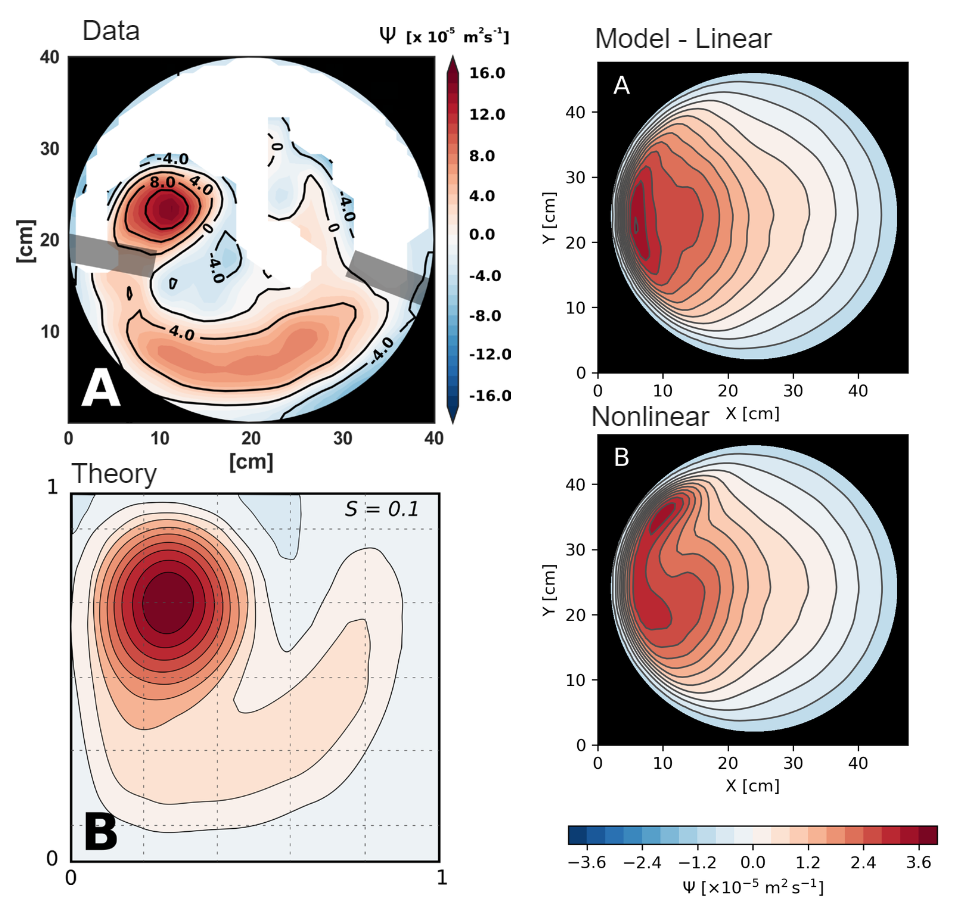About me
I’m a Physical and Computational Oceanographer, currently working as a Postdoctoral Investigator at Woods Hole Oceanographic Institution focused on the use of high-performance computational tools to investigate different aspects in Ocean Sciences.
Originally from Fortaleza (Brazil), I have a degree in Oceanography from the Federal University of Ceará (2014), a Master’s in Physical Oceanography from the University of São Paulo (2017) and a PhD in Computational Science and Engineering from the University of Massachusetts Dartmouth (2023).
In the free time, I love playing accordion, dancing Forró, studying history and hiking. I am also hemophilic and I’m passionate about promoting understanding and raising awareness around rare genetic disorders.
Science, Software, and Society
At the intersection of Data Science and Interdisciplinary Oceanography, my research leverages high-performance computational tools to analyze, model, and visualize oceanic and atmospheric processes. My expertise spans a diverse range of topics, from ocean vortices and extreme weather events to oceanographic influences on marine conservation.
I am passionate about uncovering scientific answers while also developing tools that empower other researchers and stakeholders to explore their own questions. My work extends beyond research, focusing on building open-source software that enhances data analysis, visualization, and accessibility for the broader scientific community.
I am also deeply committed to scientific outreach and education, ensuring that oceanography is accessible to a wider audience. Collaboration is at the core of my work, and I actively engage with scientists, students, and stakeholders to advance interdisciplinary ocean science and promote open, data-driven discovery.
Below, I list some of the research topics I have worked on.
The Origins and Aftermath of Extreme Events
I use Earth and environmental sciences theory and computational methods to understand the causes and regional impacts of extreme events on ecosystems and human populations.
Satellite Data and Ocean Models for Wildlife Conservation
This research explores how oceanographic and atmospheric conditions impact the conservation of endangered species, using remote sensing and predictive modeling. The project originated with the study of Tico’s journey—the longest recorded distance traveled by a released West Indian manatee—conducted in collaboration with AQUASIS. This story was explored by a science communication article at Oceanus Magazine (WHOI) For those interested in the technical details, the code has been made available on GitHub.
Combination of multiscale oceanographic datasets for investigating ocean dynamics
From regular satellite altimetry, to the revolutionary aircraft DopplerScatt data and SWOT mission. From regular oceanographic ocean stations and moorings to combination of seagliders, drifters and wavegliders. I use cutting-edge data analysis and visualization tools to understand the lifecycle of ocean vortices and how they move particles around and affect the Earth’s weather and climate.
Modeling and understanding vortex dynamics as well as their influence on the phytoplankton dynamics
Theoretical and interdisciplinary projects on vortex dynamics and biophysical interactions from sub to mesoscale. Using high-performance computers and GPU-based code for studying the relationship between the ocean physics and biology, and their impact on climate predictions. The code for the simulations and analyzes of one of the published papers is available on GitHub.
Air-sea interaction in the Indian Ocean and its impacts on rain patterns
Projects on understanding air-sea interactions in the Indian Ocean and their relationship with Monsoon Rain, both from Atmospheric Sciences and Oceanography perspectives.
Teaching Initiatives and Experience
As an enthusiast of hands-on teaching experiences, I enjoy finding creative ways for teaching ocean and environmental sciences, such as exploring theory using lab experiments, analyzing real-world examples or running idealized numerical simulations.

